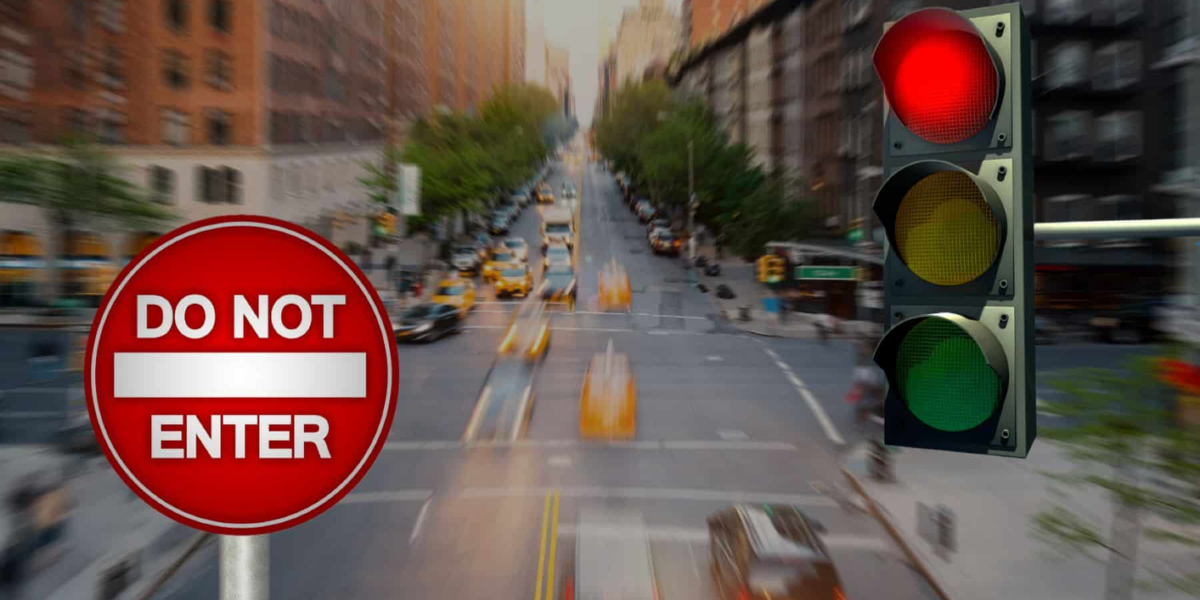As July rolls around on the calendar, the state of Illinois is introducing a number of new legislation and modifications to its tax system. Among the highlights that will begin on the first of the month are modifications to laws regarding the minimum wage, an increase in taxes on tobacco products, and adjustments to the rates of taxation on gasoline. In addition, there is a new fee that applies to wagers placed on sporting events, as well as a significant environmental law that eliminates a common hotel amenity, which is the small plastic shampoo bottles that we are all accustomed to making use of.
Tipped workers will see their minimum wage raise to $12.62 per hour, while businesses with four or more employees will see their minimum wage climb to $16.60. The minimum wage in Chicago is slated to increase to $16.60. This action is a component of a more comprehensive change that was detailed in the One Fair Wage Ordinance, which was passed in 2023. The objective of this ordinance is to gradually but certainly bring tipped pay to the same level as non-tipped wages by the year 2028. As stated by News Chicago, proprietors of restaurants are struggling to find a way to absorb these expenditures, and they are choosing between increasing their pricing or reducing their personnel in order to maintain their businesses.
In light of the fact that taxes on vapes, nicotine pouches, and other tobacco goods will increase from 15% to a hefty 45%, individuals who are passionate about tobacco will have to delve deeper into their pockets. This significant hike, which is expected to bring in an estimated thirty million dollars in revenue for the state, will also result in an increase of one dollar per pack for the tax on cigarettes. The Illinois Fuel & Retail Association is particularly concerned about the potential for customers to simply travel over state lines in order to satisfy their nicotine cravings. While not everyone is delighted with these changes, the association is.
In addition to these modifications, beginning on July 1st, short-term rentals, such as those found on Airbnb and VRBO, will be subject to the Hotel Operators’ Occupation Tax that is imposed by the state. Consequently, this results in a tax of 6% on 94% of gross receipts; owners are required to pay this tax; however, they have the option of passing this expense on to their visitors. What’s more, let’s not forget about the rise in the gas tax; drivers will now pay $0.483 a gallon for fuel, which is a modest increase from the previous rate of $0.47 per gallon.
The hospitality industry in Illinois is likewise experiencing a shift in its environmental landscape. In accordance with Senate Bill 2960, which went into effect earlier this year but is only beginning to be enforced, hotels that have more than fifty rooms are prohibited from providing those miniature plastic shampoo and conditioner bottles that are intended for single use. Additionally, WGN-TV reports that smaller enterprises have until January 2026 to comply with the regulations. Despite the fact that these bottles are being removed from the rooms, visitors are still able to order them if they so choose at a location other than the guest room. This demonstrates a commitment to convenience while also appreciating the importance of concern for the environment.
It is a time of transition across the state, with policies being implemented with the intention of guiding changes in the economic, environmental, and societal spheres. As these new rules are implemented, the effects that they will have on consumers, businesses, and the environment will begin to become apparent, which will have a significant impact on the future contours of the terrain in Illinois.


 by
by 

